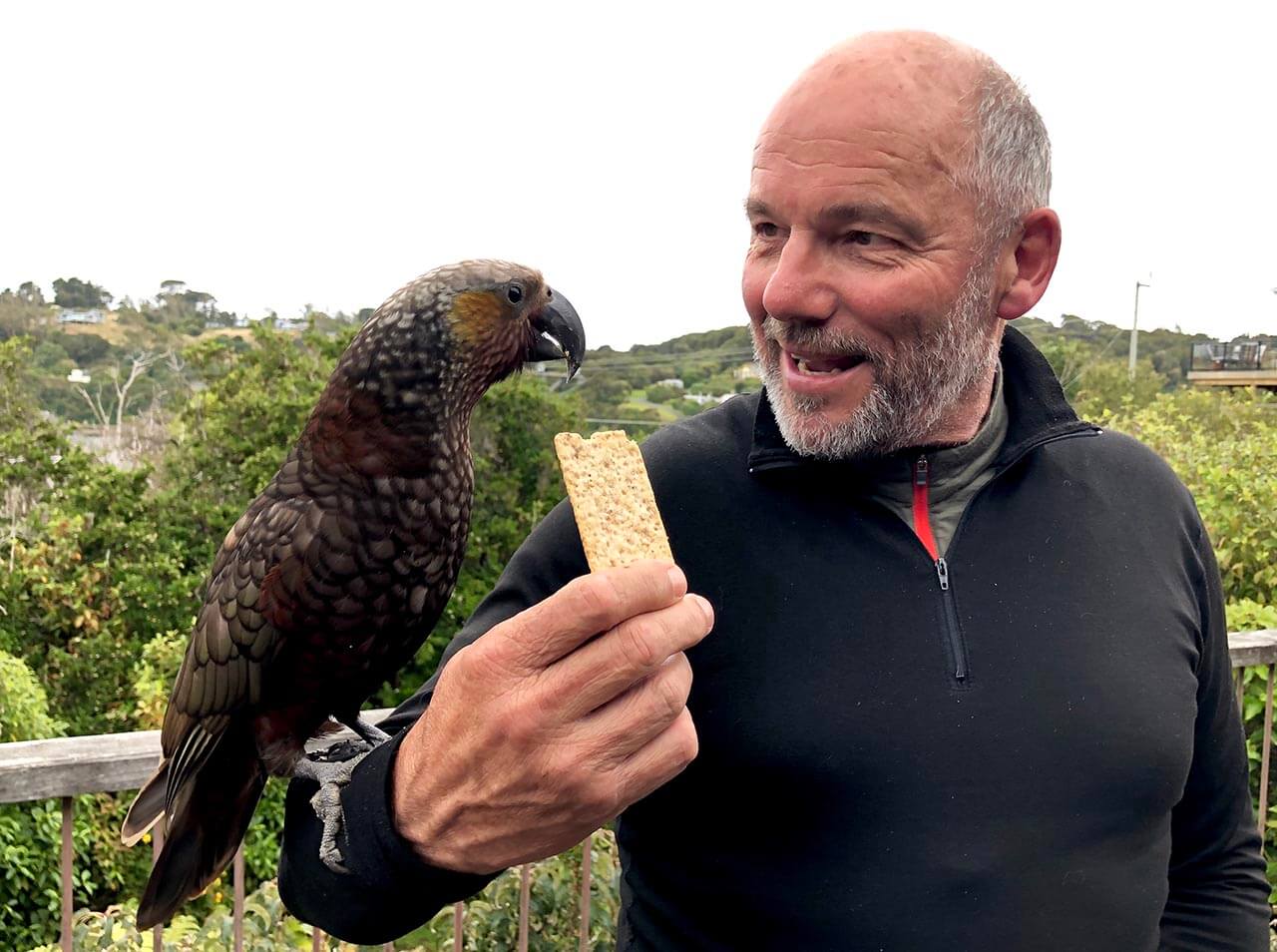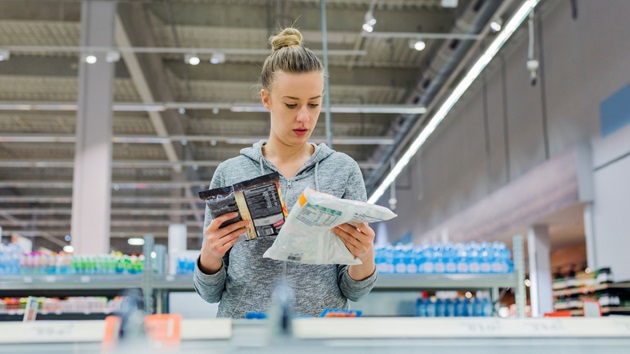George Clement is without a doubt an icon within the New Zealand seafood industry. His accomplishments are countless.
None more famous than placing New Zealand on the world map as one of the best-managed deepwater fisheries in the world.
But there are a few lesser-known yet equally interesting facts about George Clement few may know…
Graduating a zoology major in the early 70s after researching Weddell seal populations in Antarctica, no less, George headed straight off to New Caledonia and Vanuatu to help marginalized coastal communities improve their fishing practices.
Returning home, he worked over 10 years with the Ministry of Agriculture and Fisheries, on developing tuna fisheries, the Quota Management System and representing New Zealand internationally on various fisheries issues.
Along the way, he even gained his Inshore Fishing Skipper and Commercial Scuba Diver qualifications.
Establishing his own fisheries consultancy was the next milestone in the late 1980s, leading him to play a pivotal role in successfully helping the Maori renegotiate their fishing rights based on the 1840 Treaty of Waitangi.
It was only in the early 1990s when he began focusing more on deepwater fisheries and was appointed CEO of the Deepwater Group in 2005.
His commitment to helping fishing communities and championing sustainable management practices across New Zealand is legendary, as is his work in marine conservation.
This man has been on a mission nearly all his life. To sustain our ocean, and in his own words, “Leave the next generation with the same choices we have.”
He has served two terms as President of the New Zealand Fisheries Association, one as Executive Chairman of Seafood New Zealand and was invited to be an advisor to the Prince of Wales Trust International Sustainability Unit.
Recently George was honoured with a Longstanding Service award by Seafood New Zealand for his contributions to the industry. An accolade is truly well deserved. We caught up with him soon after, to get his thoughts on all that’s been happening.
Do you recall how you felt, what ran in your mind when you first joined the Deepwater Group 15 years back?
A deep sense of determination to prove that we could and should be trusted as the best managed deepwater fisheries in the world. We were after all being audited against the world-leading science-based environmental standards of the MSC. That would be our seal of independent approval.
What makes you proudest when you think of your contribution to New Zealand?
Attaining condition-free accreditation under the MSC program and proving to the world that New Zealand’s ecosystem approach in the management of our main deepwater fisheries is tops - currently ranks our deepwater fisheries amongst the top 5% of the best-managed fisheries in the world.
How far do you think the fishing practice has evolved during this time?
Progress is never a destination – it is always ongoing. The biggest changes have come from raising awareness on crucial issues across the sector to enable members to deliver transparent sustainable fishing practices. Accomplished through improving communications and knowledge, scientific information on stock sustainability and reducing our interactions with protected species. We also closed a network of representative Marine Protected Areas, covering 30% of our Exclusive Economic Zone as early as 2007, which accounted for 24% of the global area under Marine Protected Areas at that time.
You single-handedly leveraged the international certification scheme to place the New Zealand deepwater fishing industry as a global trailblazer - how do you see the MSC as an agent and mechanism for change?
The MSC has and always will be the benchmark for an internationally accepted science-based environmental standard for fisheries management. Ultimately, it is up to fisheries managers and industry to determine whether seeking certification is warranted and feasible for their aspirations. If so, they then need to set in place the necessary improvements in scientific assessments, management, and governance measures, and of course comprehensive documentation. Hopefully, for the good of our ocean, more fisheries will come onboard.
You have been actively involved in Indigenous fishing rights and were even a fisheries adviser on behalf of Maori with the government. How much has been achieved over the years?
In the early 1990s, I was pleased to assist the Māori representatives to negotiate with the Government what was promised to them under the 1840 Treaty of Waitangi. Iwi received 10% of the existing quota, 20% of the new quota and aquaculture water space, funds, and half of Sealord Group Ltd. Since then, Iwi has progressively reinvested and grown its businesses in the seafood sector. They now have ownership of more than 40% of the fishing quota. Kudos to them!
Recently the MSC together with the National Aquarium of New Zealand and the International Antarctic Centre launched an education partnership to develop ocean literacy in classrooms. How important do you think it is to inculcate this awareness and values in young minds?
The relevance and accuracy of what’s being taught about ocean literacy in schools can certainly be improved. Ocean literacy is important, but it needs to be relevant, realistic and accurate.
To put into perspective – New Zealand’s economy and well-being rely upon food production from both land and sea. The environmental impacts of food production on each of these regions are vastly different. On land, food production requires the entire removal of natural ecosystems.
Fifty-three per cent of our land area is used for food production and around 30% is set aside for conservation. That’s not possible in our ocean.
In our ocean, we must live in harmony with the natural ecosystems, ensuring that our harvests are ecologically sustainable. This doesn’t mean there are no impacts. It means that any impacts are within acceptable bounds and there are also sufficient areas that are unaffected by food production.
We have fished less than 10% of New Zealand’s Exclusive Economic Zone - more than 90% remains untouched. Annually we produce food in less than 2% of this area, the fifth-largest Exclusive Economic Zone in the world. More than 30% has been set aside under Marine Protected Areas for conservation, where food production is excluded. Ninety-four per cent of the area set aside for conservation in New Zealand is in our ocean.
The level of greenhouse gas emissions during the production of deepwater seafood ranks amongst the lowest of any form of protein production, much lower than farming on land.
What would you consider the three most important qualities in a human being?
What makes you proudest to be a Kiwi?
To have our deepwater fisheries audited as being world-leading in ecosystem management.
What are your favourite seafood species and dish with the family?
A barbequed meal of New Zealand hapuku, scallops and scampi served with fresh green salad together with an aged New Zealand Pinot Gris.



